Understanding Plural Nouns: Rules and Examples
Hello everyone, Today, we’re exploring the topic of plural nouns. If you’ve ever been curious about how to change a single word into multiple ones, or if you just want to improve your grammar, you’re…
Become an English grammar expert effortlessly!
Discover easy explanations and useful examples to grasp the language rules more effectively.
Whether it’s the basics or more advanced concepts, enhance your grammar abilities and feel more confident in English!
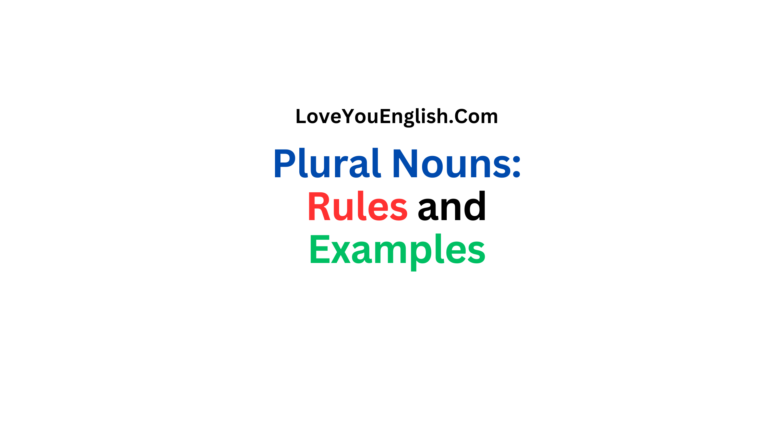
Hello everyone, Today, we’re exploring the topic of plural nouns. If you’ve ever been curious about how to change a single word into multiple ones, or if you just want to improve your grammar, you’re…
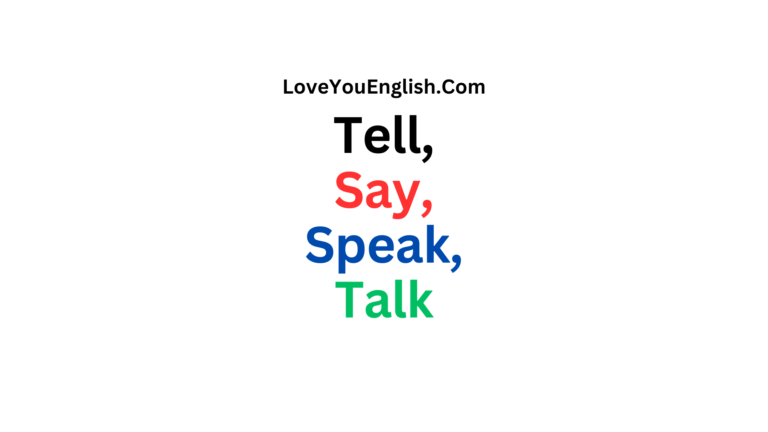
Communication is really important when people interact, and in English, we have a bunch of words to talk about talking. Four words that can be tricky are talk, speak, tell, and say. Even though they…
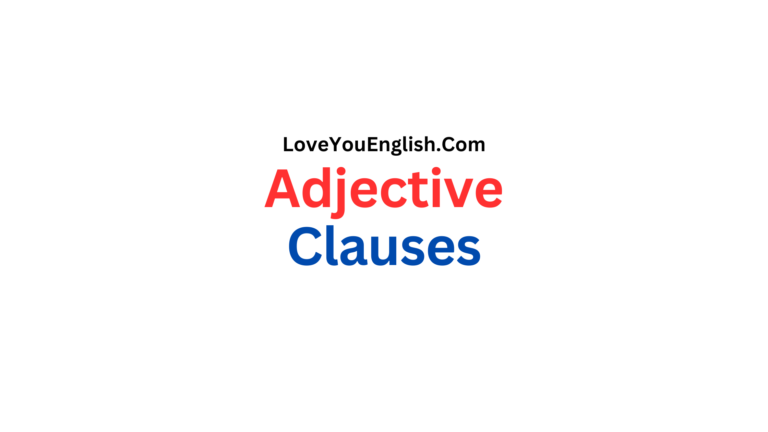
Adjective clauses, also called relative clauses, are an essential part of English grammar. They help us add more detail or description to a noun in a sentence. If you’re looking to improve your English and…
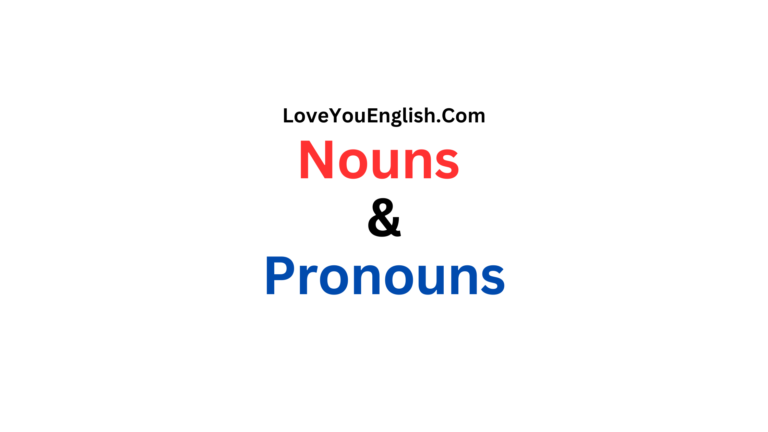
Have you ever wondered how we name things and people in our sentences, or how we switch those names for shorter words to keep things smooth? That’s where nouns and pronouns come in—two building blocks…
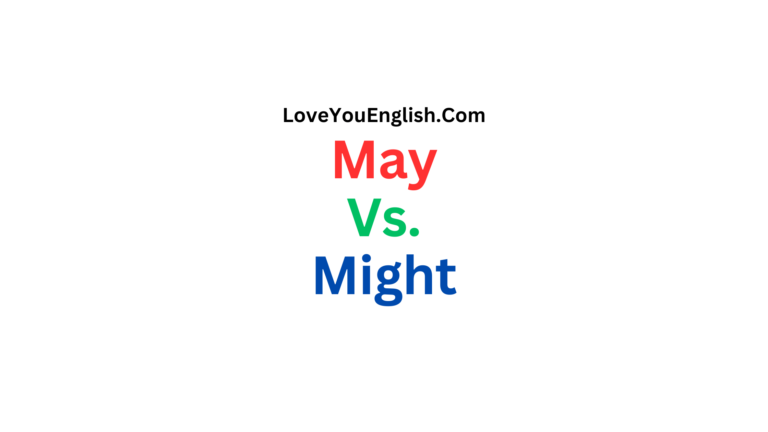
Have you ever paused mid-sentence, wondering if you should say “I may go to the park” or “I might go to the park”? You’re not alone! These two little words—”may” and “might”—trip up even the…
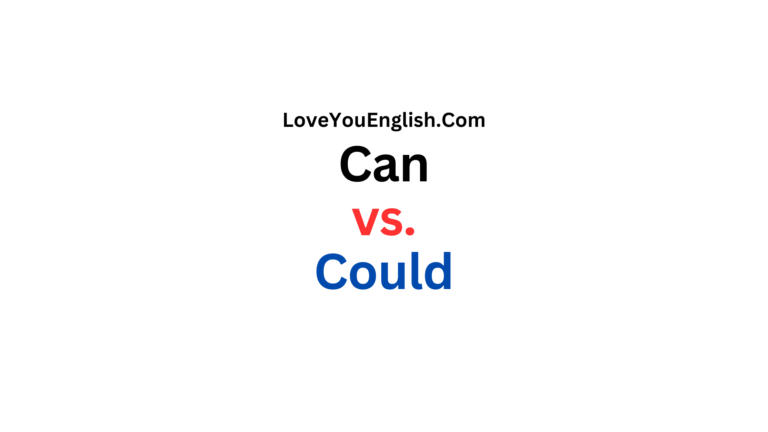
In the world of English grammar, the words “can” and “could” can be quite confusing. These words may seem simple, but they have many different meanings that can change a sentence completely. Whether you’re a…
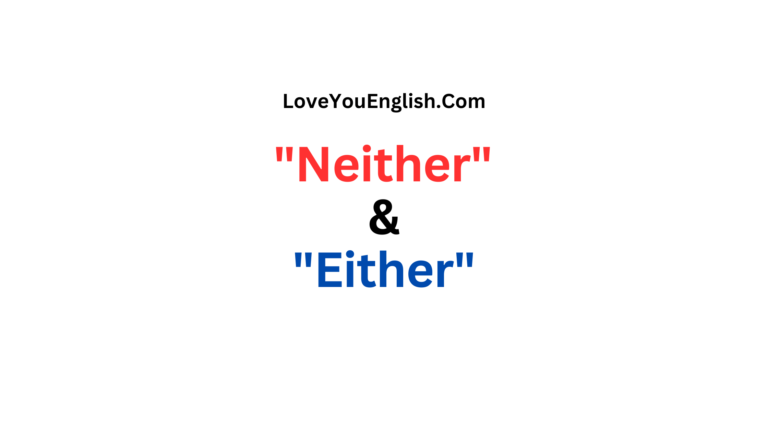
English can be tricky, especially when it comes to words that look similar but have different meanings and uses. Two such words are “neither” and “either.” These words often confuse people, but once you understand…
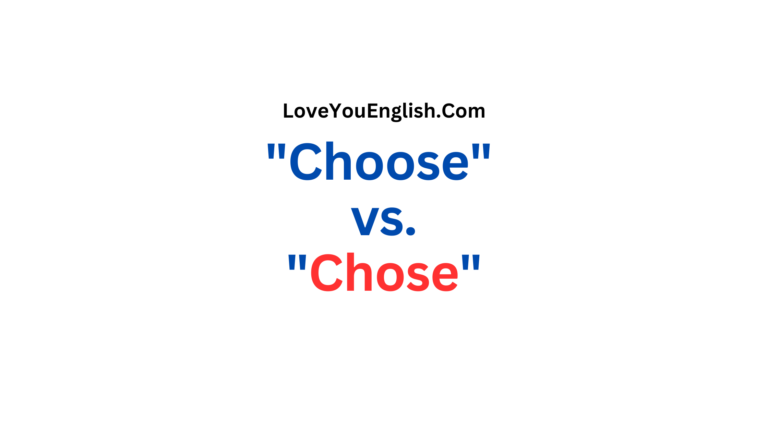
Have you ever found yourself staring at a sentence, wondering whether “choose” or “chose” is the right word to plop in there? If so, you’re not alone. These two little words have tripped up writers,…
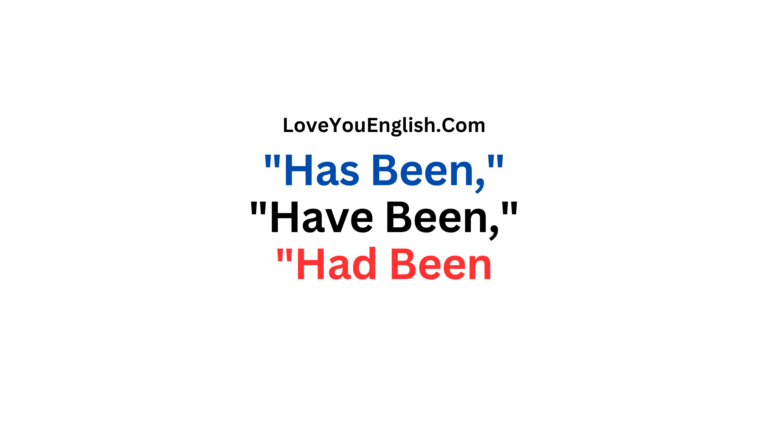
English grammar can be hard, especially when it comes to verb tenses. “Has been,” “have been,” and “had been” can be confusing for learners. But it’s important to understand these forms for clear communication. In…
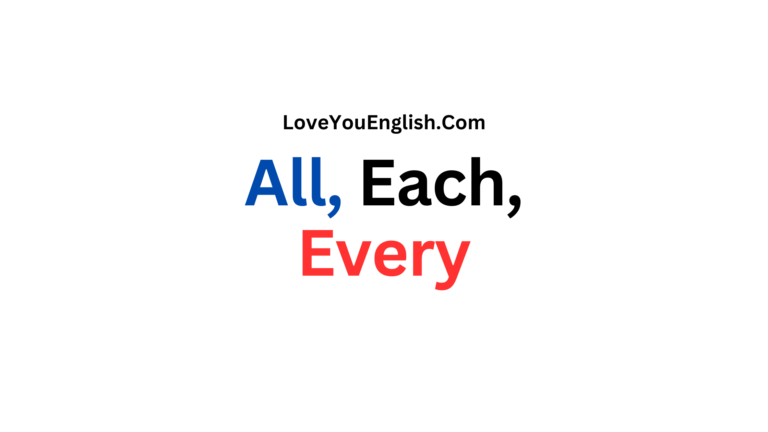
Language can be tricky, especially when words seem similar but have different meanings and uses. Three such words in English are “all,” “each,” and “every.” They might look alike at first, but they have distinct…
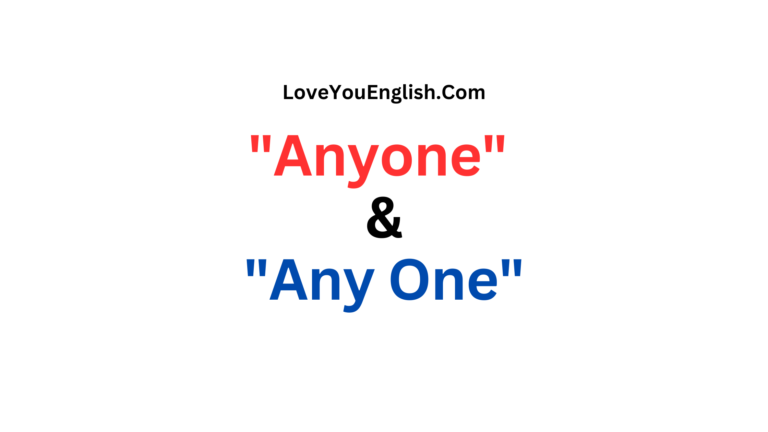
Language is a fascinating and complex tool that we use all the time. Even in English, a language spoken by many people around the world, there are small details and differences that can confuse us….
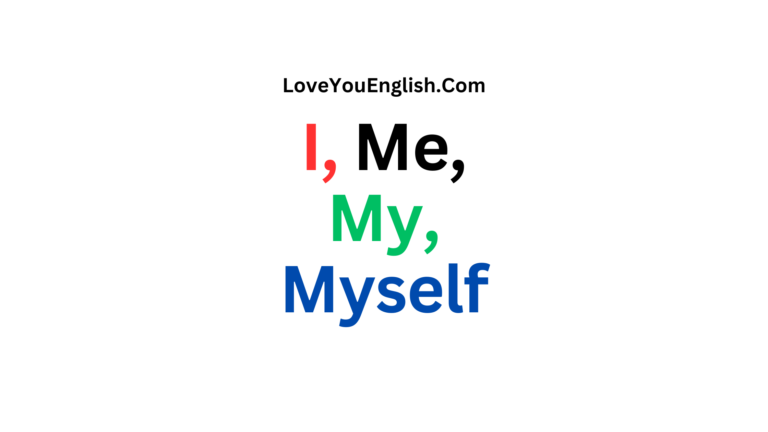
Have you ever been confused about when to use “I” or “me” in a sentence? Do you sometimes wonder if you should say “myself” instead? Don’t worry! Even grown-ups get mixed up about pronouns sometimes….
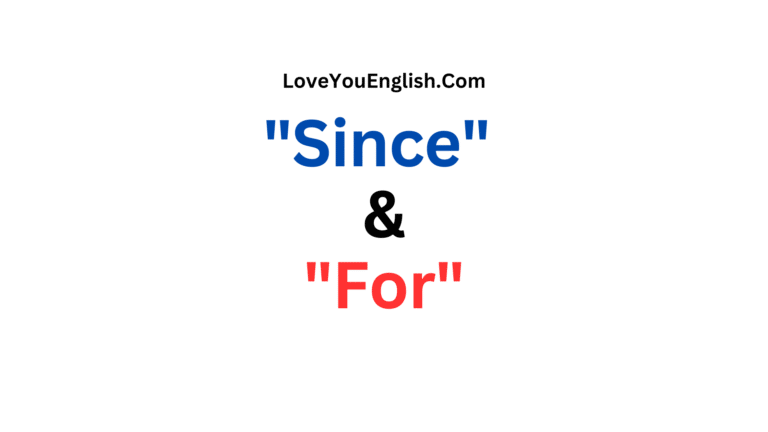
Have you ever been confused about when to use “since” and when to use “for” in your writing? Don’t worry! You’re not alone. Many students mix these two words up, but by the end of…

Have you ever wondered why we say “good, better, best” instead of “good, gooder, goodest”? Or why some tall buildings are “taller” while others are the “tallest”? The secret lies in something called degrees of…
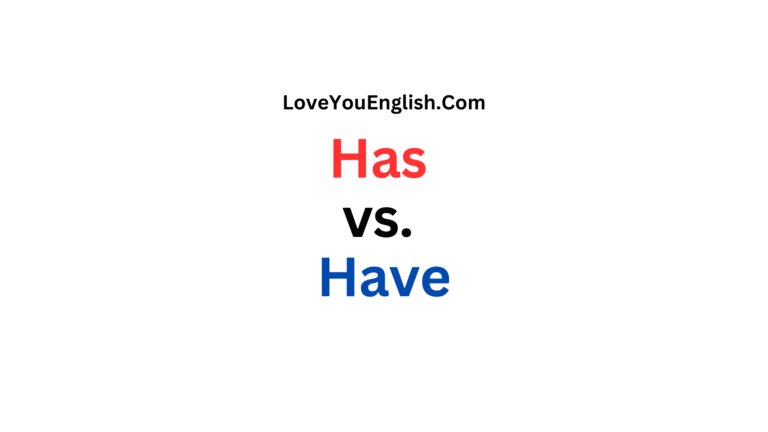
English has many nuances that can be confusing, especially for native speakers. One tricky area is knowing when to use “has” versus “have.” Both words are forms of the verb “to have” and are important…